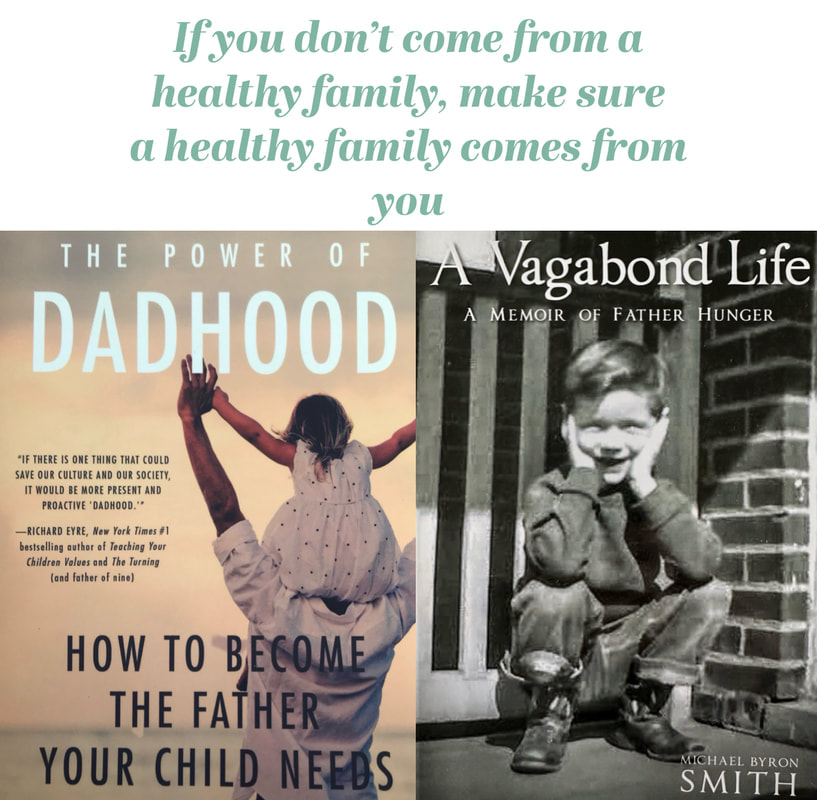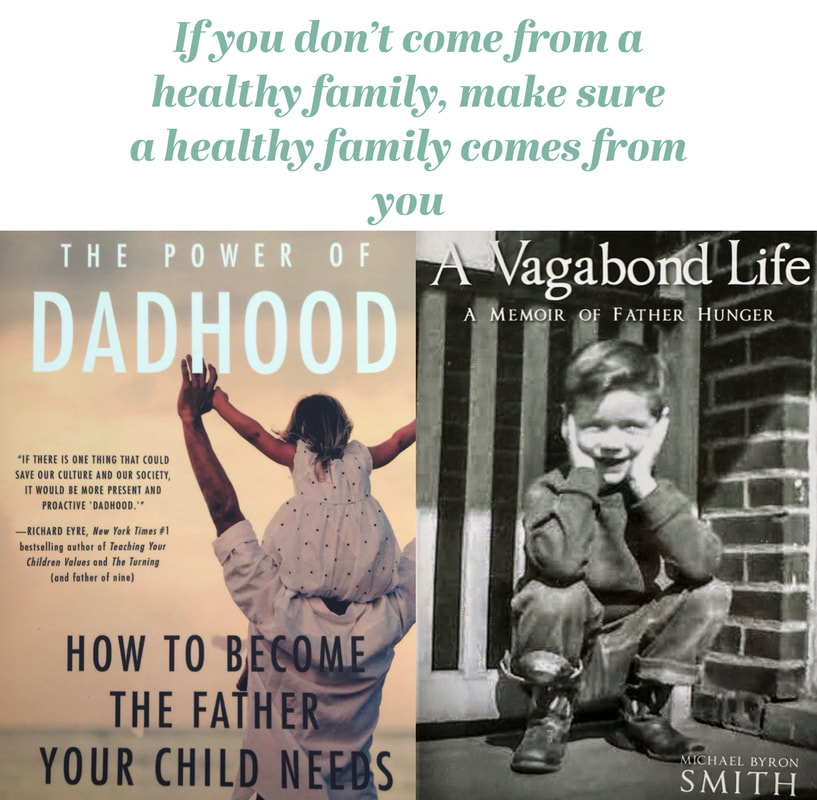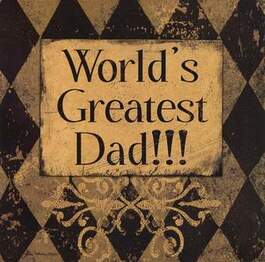
Why this book is the ultimate gift for a new dad?
- Insightful guidance: Packed with practical advice and relatable anecdotes, this book illuminates the unique and powerful role that fathers play in shaping their children’s lives.
- Emotional connection: Dive into the heartfelt wisdom of author Michael Smith, who shares his personal journey of becoming the father he always wanted to be.
- Framework for growth: Learn how to balance discipline and love, build strong bonds, and create a positive environment for your child to thrive.
A book for fathers, by a father
“The Power of Dadhood” is not just a parenting manual; it’s a celebration of fatherhood. Written by a dad who understands the challenges and triumphs of raising a child, this book offers real-life strategies and encouragement to help new fathers become the heroes their children deserve.
Perfect for any stage of fatherhood. Whether you’re a first-time dad or seeking to deepen your connection with your child, this book provides timeless advice that grows with you. It’s a gift not only for today but for the lifetime of lessons and memories ahead.
A message from mother to son
As your mother, I know the love and care you will bring to your child. With this book, I hope to offer you a compass to guide your fatherhood journey, so you can impact your child’s life as deeply as you’ve impacted mine.
Your child deserves the best version of their dad
Step into your role as a father with clarity and purpose. “The Power of Dadhood” is your trusted companion, offering both inspiration and actionable strategies to help you become the dad your child needs.
Start your journey today! Give the gift of empowered fatherhood—grab your copy of “The Power of Dadhood: How to Become the Father Your Child Needs” and make every moment with your child count.
Be the dad your child looks up to, learns from, and cherishes forever. Because being a father isn’t just a responsibility—it’s a privilege.
Mom, empower your son's Fatherhood Journey with “The Power of Dadhood”














